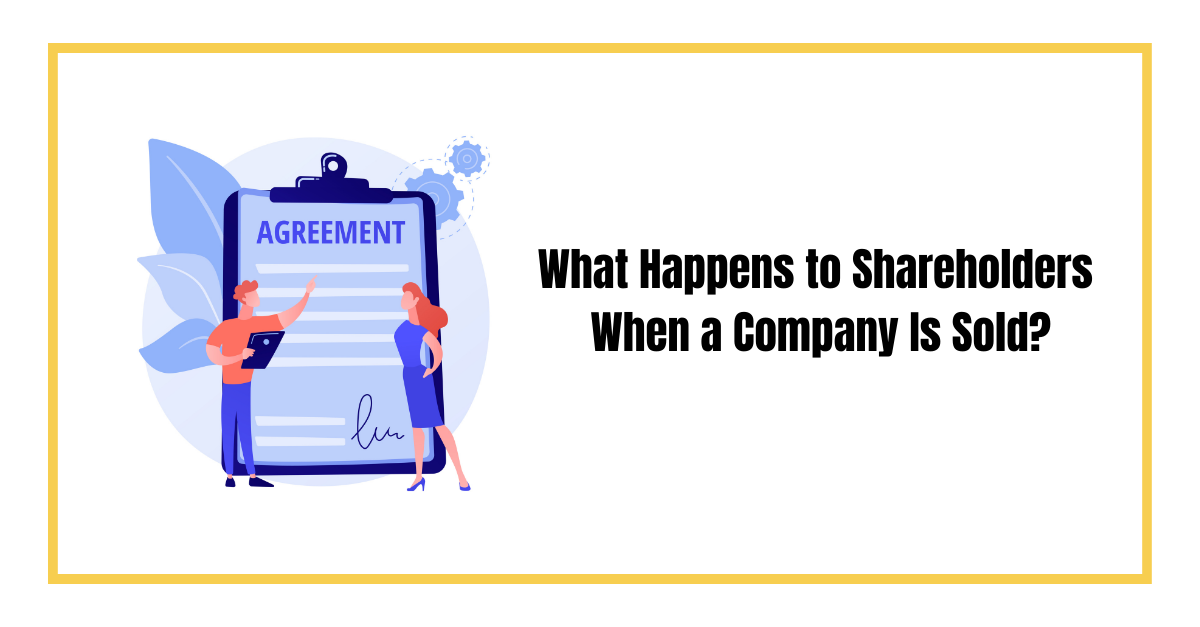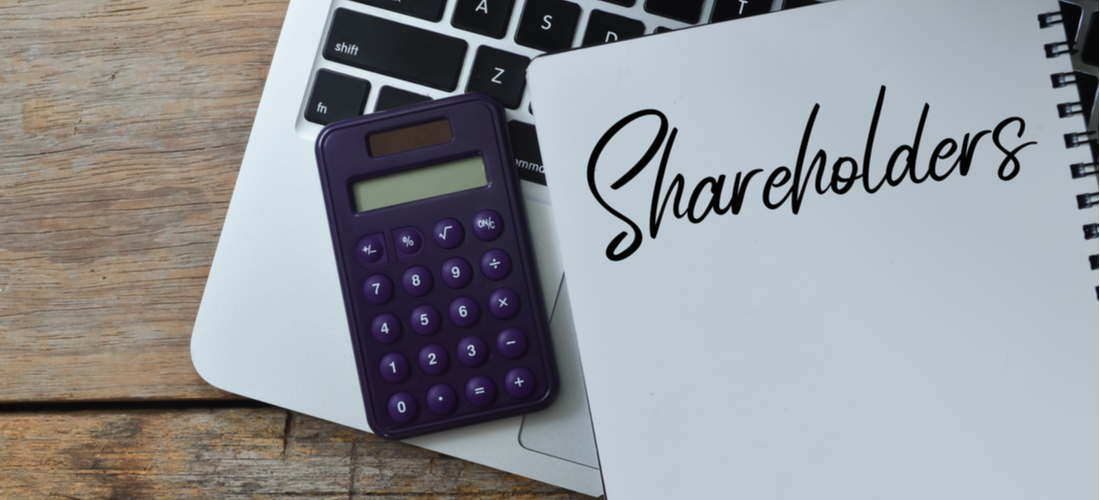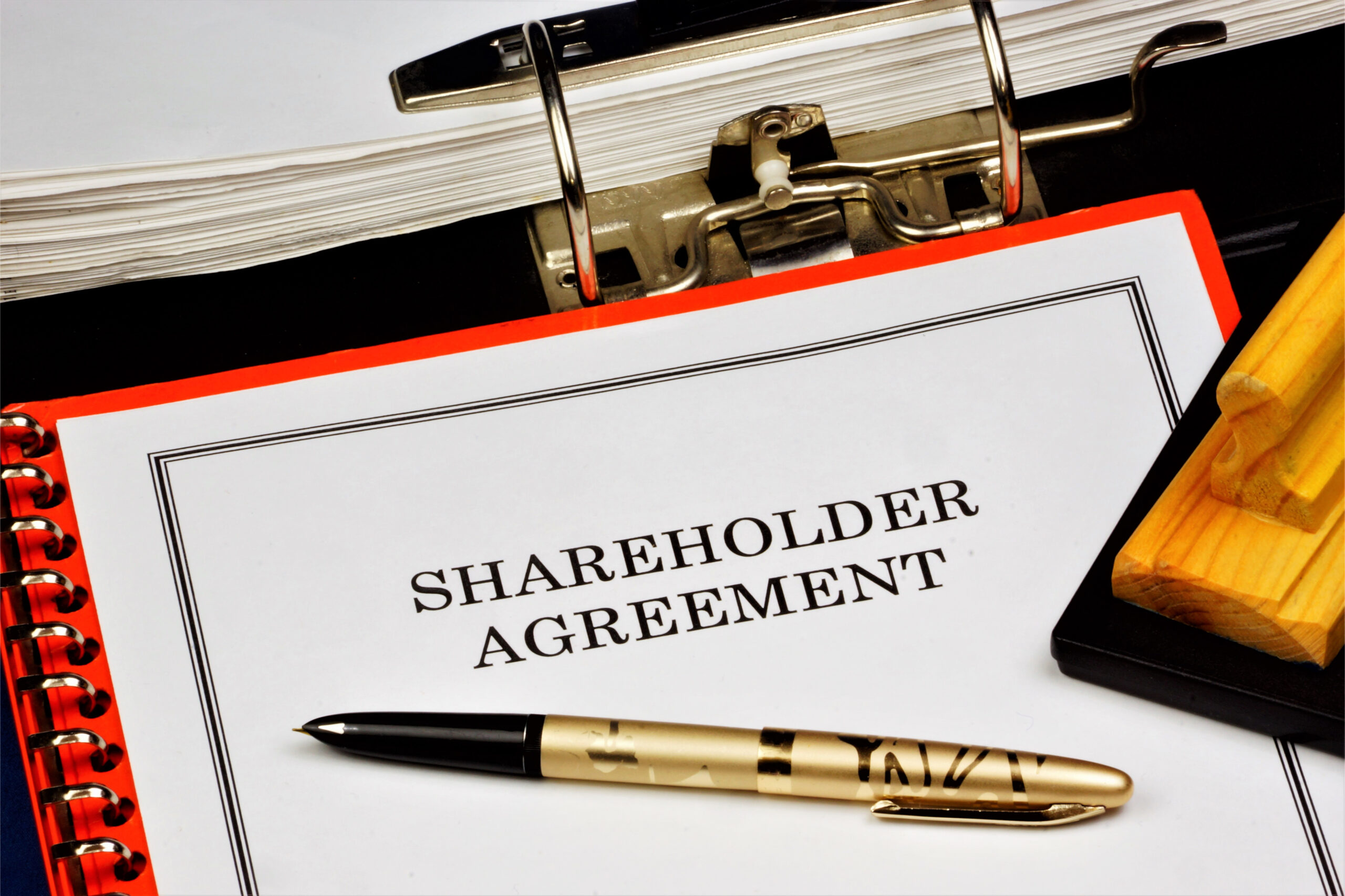What happens to shareholders when a company is sold ? Definitely there will be benefits for the shareholders now read to know more
Overview
It’s no secret that shareholders can make a lot of money when a company is sold. But what happens to them afterwards? In most cases, shareholders will be paid out in cash or stock, depending on the agreement reached between the buyers and sellers. However, there are also times when shareholders may not be paid anything at all. So, what happens to shareholders when a company is sold? It really depends on the situation.
What Will Happen to My Stock When a Company Is Sold?
On the closing date of a cash buyout, your stock will have the value of its cash or nil value, depending on whether the deal is an all-cash deal or an all-stock deal. If the deal is an all-cash deal, all the shares of the stock will be removed from the portfolio at a point based on the deal’s final date and this will be exactly replenished by the cash value of the shares that are mentioned in the buyout. In case of an all-stock deal, the buying company will assign the shares as per the ratio of old shares to new ones. However, the ratio is not always one-on-one. Some of the deals has to be combined with cash and stock as well.
A great deal depends on whether you own shares directly or through an investment firm. If you own shares directly, you’ll generally receive the same amount that was paid for your stock by the acquiring company. If you own through an investment firm, you’ll get a payout on top of whatever was paid for your shares by the acquiring company.
The primary difference between the two is that in the case of an acquisition by an investment firm, some portion of the equity will likely be removed from your position in the investment firm to pay for the deal. This means that in the event of a sale, you’ll likely lose some of your investment.
How Companies Are Sold?
When a company is sold, several factors influence how and when a shareholder’s vote is taken. One of the most important factors is the state of the financing of the deal. If the buyer and seller of a company have agreed to a price that is too low on the assumption that the company will soon be sold, the price is unlikely to reflect the true worth of the company. This is why it’s important to understand the buying and selling process of a company before making major investments in its shares.
Why Is It Important for a Company to Be Sold?
As we’ve discussed, when a company is sold, shareholders will often receive less for their shares if the deal goes through as a private deal. This is likely because shareholders, as owners, have an interest in seeing the company perform well and generate value for its shareholders. If a company is undervalued, the market will likely correct itself and make the shares more valuable in the future. On the other hand, if a company is overvalued, a sale could spark a larger investor backlash that will lead to shareholders receiving less for their shares.
How to Buy Your Stock Back Once a Company Is Sold?
When you buy your shares, you’re not just buying the shares of the current owner but also the shares of the people who currently own them. If a large investor takes ownership of a large portion of a company’s shares, this could indicate a larger portion for the stock by the investor community as a whole. You can buy your shares back once a company is sold through several avenues.
One option is to buy the shares of the current owner through a buyback transaction. Another option is to buy the shares of the current owners of a closely held company and then take them over as your own. The ownership transition would occur through an exchange offer or a shell company. You could also launch a hostile takeover and then immediately buy your shares back.
How Vakilsearch Can Help in This Scenario?
It is pretty clear that selling a company definitely has to focus on stock and shares distribution. Vakilsearch provides the best solution to all of your company’s deals. Let it be company incorporation or selling out your form or creating a shareholders agreement experts at Vakilsearch are the best. Reach out to our experts right now to resolve your doubts.
Conclusion
When a company is sold, shareholder agreement may be cashed out at the time of sale, or they may continue to own shares in the new company. In either case, they may see a return on their investment. If the new company is successful, shareholders may see the value of their shares increase. If the new company is not successful, shareholders may see the value of their shares decrease.
FAQs
Are shareholders required to approve the sale of the company?
Typically, shareholders' approval is needed for a company sale. This is often determined by the company's bylaws and applicable regulations.
Do shareholders have any say in the terms and conditions of the sale?
Shareholders may express their views, but the final decision on sale terms rests with the company's leadership and is often subject to approval thresholds outlined in corporate governance documents.
Will shareholders retain their shares in the new ownership structure, or is there a buyout involved?
It depends on the terms of the deal. Shareholders may receive compensation through a buyout or retain shares in the new ownership structure, depending on the agreement negotiated during the sale.
What happens to stock prices and dividends for existing shareholders after a company is sold?
Stock prices and dividends can be influenced by various factors post-sale. Shareholders may experience changes based on the terms of the deal, the acquiring company's performance and market reactions.
Are there tax implications for shareholders when a company is sold?
Yes, there are tax implications. Shareholders generally incur capital gains taxes based on the profit from selling their shares.
Can shareholders sell their shares independently before or after the company sale?
Before the sale, shareholders can typically sell their shares on the open market. After the sale, the process may depend on the terms of the deal and the new ownership structure.
How does the sale of the company affect minority shareholders compared to majority shareholders?
The impact on minority and majority shareholders can differ. Minority shareholders may have less influence over the decision but are entitled to fair treatment as per regulations. The terms of the sale can influence how each group is affected.
Also, Read:










